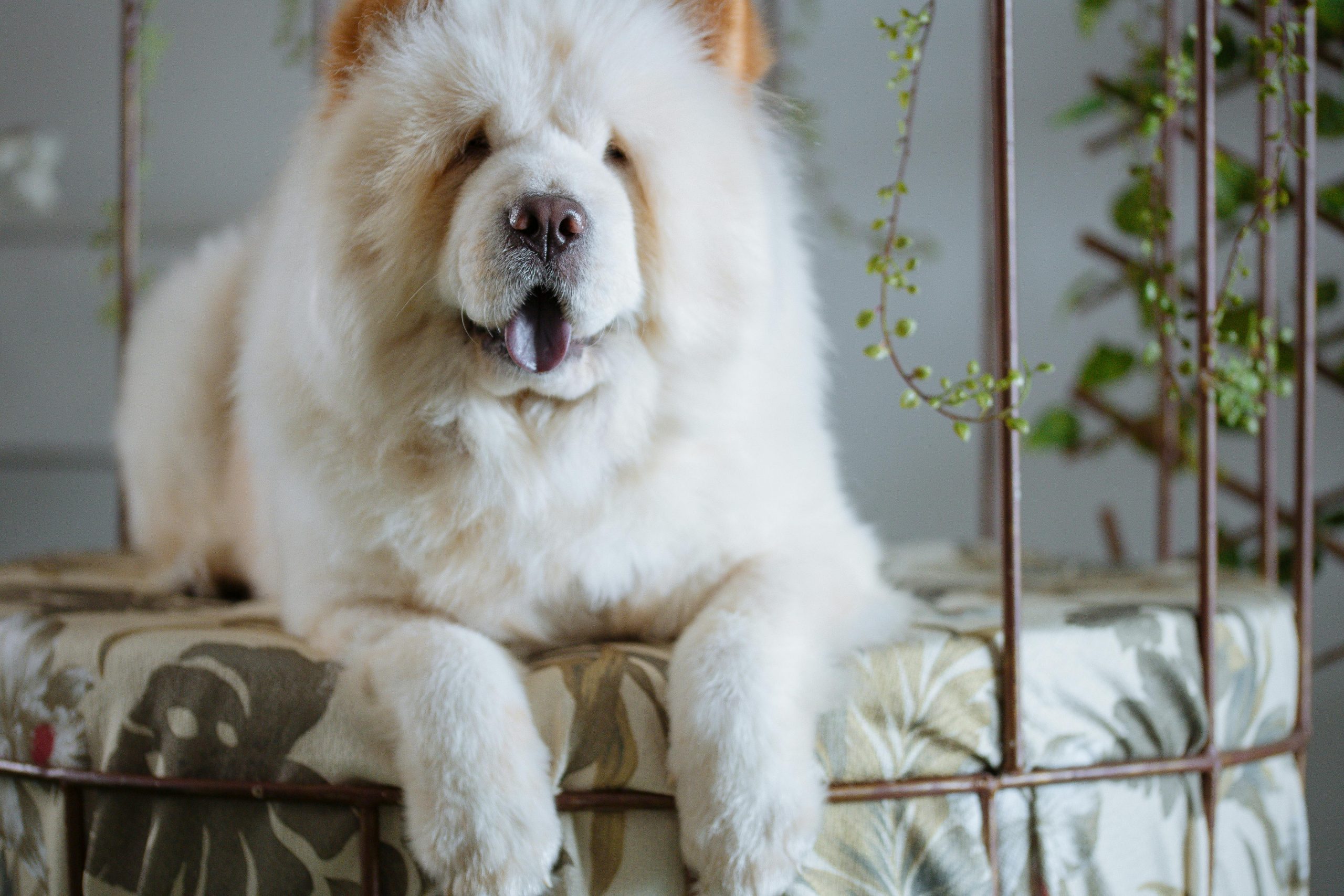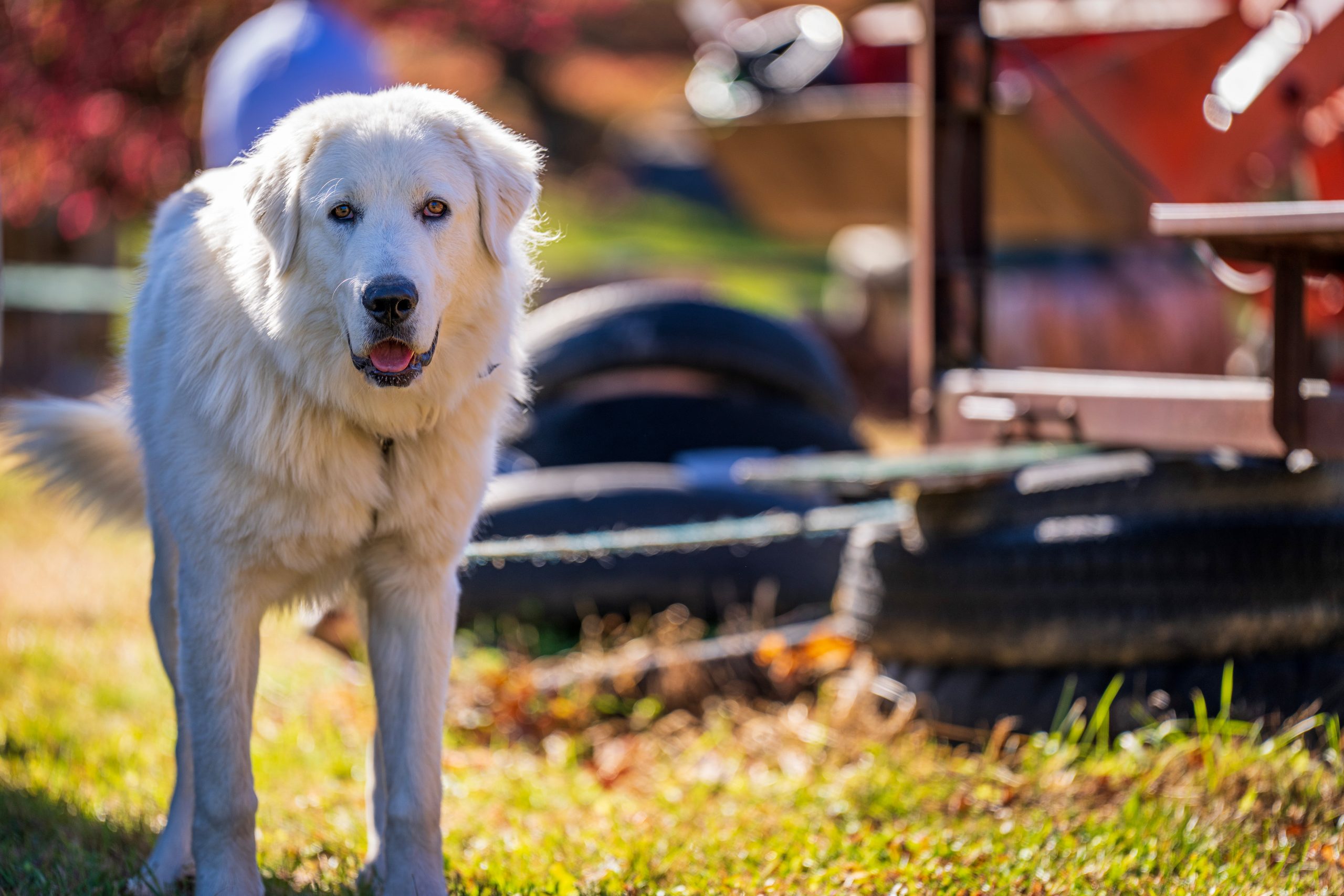The decision to neuter a male Chow Chow involves various factors including the dog’s health, behavioral aspects, and the pet owner’s preferences. This article delves into the optimal age for neutering a male Chow Chow, exploring the veterinarian consensus, advantages and disadvantages of neutering at different ages, and alternative methods to traditional neutering.
a. Understanding Neutering
Neutering, or castration, is the surgical removal of a male dog’s testicles. This procedure is performed for various reasons, including population control, health benefits, and behavioral modifications.
b. Importance for Chow Chows
For Chow Chows, a breed known for their unique temperament and physical characteristics, the timing of neutering can significantly impact their health and behavior.
1. Veterinarian Consensus on Neutering Age
a. General Recommendations
Most veterinarians recommend neutering male dogs between 6 to 9 months of age. However, this can vary based on breed, size, and health status.
b. Specifics for Chow Chows
Given their size and breed-specific health concerns, Chow Chows may have different recommendations. It’s important to consult with a veterinarian familiar with the breed.
2. Advantages of Early Neutering (Before 6 Months)
a. Behavioral Benefits
Early neutering can help reduce aggressive behavior and territorial marking, which is beneficial for a breed like the Chow Chow known for its strong-willed nature.
b. Health Advantages
Reduced risk of testicular cancer and prostate problems are significant health benefits of early neutering.
c. Population Control
Early neutering contributes to controlling the pet population, reducing the number of unwanted dogs.
3. Disadvantages of Early Neutering
a. Potential Health Risks
Early neutering can increase the risk of certain cancers and orthopedic issues, especially in large breeds like the Chow Chow.
b. Behavioral Concerns
Some studies suggest that early neutering may lead to an increased risk of anxiety and fear-related behaviors.
c. Developmental Effects
Neutering before maturity may impact the dog’s physical development, potentially leading to a taller stature and lighter bone density.
4. Advantages of Later Neutering (After 1 Year)
a. Physical Development
Allowing the dog to mature before neutering fully can ensure proper growth and development, which is particularly important for a large breed like the Chow Chow.
b. Reduced Health Risks
Later neutering may reduce the risk of certain types of cancers and orthopedic issues.
c. Behavioral Maturity
Waiting until the dog is behaviorally mature may help in assessing any behavioral changes post-neutering.
5. Disadvantages of Later Neutering
a. Behavioral Issues
Delaying neutering can lead to undesirable behaviors like aggression and marking, which can be more pronounced in Chow Chows.
b. Health Risks
Increased risk of testicular cancer and prostate issues with age.
c. Population Control Concerns
Delaying neutering increases the risk of accidental breeding, contributing to pet overpopulation.
6. Alternatives to Traditional Neutering
a. Vasectomy
Vasectomy is a less invasive procedure where the vas deferens is cut or blocked, preventing sperm from entering the ejaculate, thus preventing reproduction.
b. Chemical Neutering
This involves the injection of a chemical to reduce testosterone levels temporarily, offering a non-surgical alternative to neutering.
c. Holistic and Behavioral Alternatives
Some owners opt for training and behavioral management as alternatives to neutering, especially if the dog has health risks associated with surgery.
Conclusion
The decision to neuter a male Chow Chow, and at what age, is a nuanced one that depends on various factors including the dog’s health, breed-specific considerations, and the owner’s circumstances. Consulting with a veterinarian, considering the dog’s overall health and behavior, and exploring alternatives to traditional neutering are essential steps in making this critical decision.
Frequently Asked Questions A Chow Chow Owner Might Ask Before Neutering Their Chow Chow
1. What is the best age to neuter my Chow Chow?
Neutering a Chow Chow is typically recommended between 6 to 9 months of age. However, the exact timing can vary depending on individual health, breed characteristics, and behavioral factors. Consulting with a veterinarian who understands the breed’s specific needs is crucial for making an informed decision.
2. Will neutering change my Chow Chow’s personality?
Neutering can lead to some changes in your Chow Chow’s behavior, primarily by reducing aggression and territorial marking tendencies. However, it does not change their fundamental personality. The procedure might help in managing certain undesirable behaviors but won’t alter their inherent nature.
3. Are there any significant health risks associated with neutering?
While neutering is generally safe, it does carry some risks like any surgical procedure. These can include reactions to anesthesia, bleeding, or infection. There’s also a potential for increased risk of certain cancers and orthopedic issues, particularly if done at an early age.
4. How long does it take for a Chow Chow to recover after neutering?
Recovery time can vary, but most Chow Chows will recover within 10 to 14 days after the procedure. During this time, it’s important to keep them calm and restrict their physical activity to ensure proper healing.
5. Is there an alternative to traditional surgical neutering for my Chow Chow?
Yes, there are alternatives like vasectomy or chemical neutering. Vasectomy is a less invasive surgical option, while chemical neutering involves administering a drug to reduce testosterone levels temporarily. Both alternatives have their pros and cons, so discussing them with your vet is essential.
6. Will neutering my Chow Chow prevent future health problems?
Neutering can reduce the risk of certain health issues like testicular cancer and prostate problems. However, it’s important to note that it might increase the risk of other conditions, such as certain types of cancers and joint disorders, especially if done at a very young age.
7. How does neutering affect the physical development of a Chow Chow?
Neutering before maturity can impact the physical development of a Chow Chow, potentially leading to a taller stature and lighter bone density. This is particularly significant for large breeds like Chow Chows, where proper physical development is crucial.
8. Can neutering help with behavioral training in Chow Chows?
Neutering can assist in behavioral training by reducing aggression and dominance-related behaviors. It can make them more amenable to training, but it should not be seen as a substitute for regular, consistent behavioral training practices.
9. What care should be taken post-neutering for a Chow Chow?
Post-neutering care includes keeping the dog calm and restricting physical activity to avoid strain on the surgical site. Monitoring the incision for signs of infection, ensuring they don’t lick or bite the area, and following the veterinarian’s instructions for pain management and follow-up care are crucial.
10. How will neutering affect my Chow Chow’s energy levels and appetite?
Neutering can sometimes lead to a decrease in energy levels and an increase in appetite, potentially leading to weight gain. It’s important to monitor their diet and ensure they get regular exercise to maintain a healthy weight and overall well-being.









